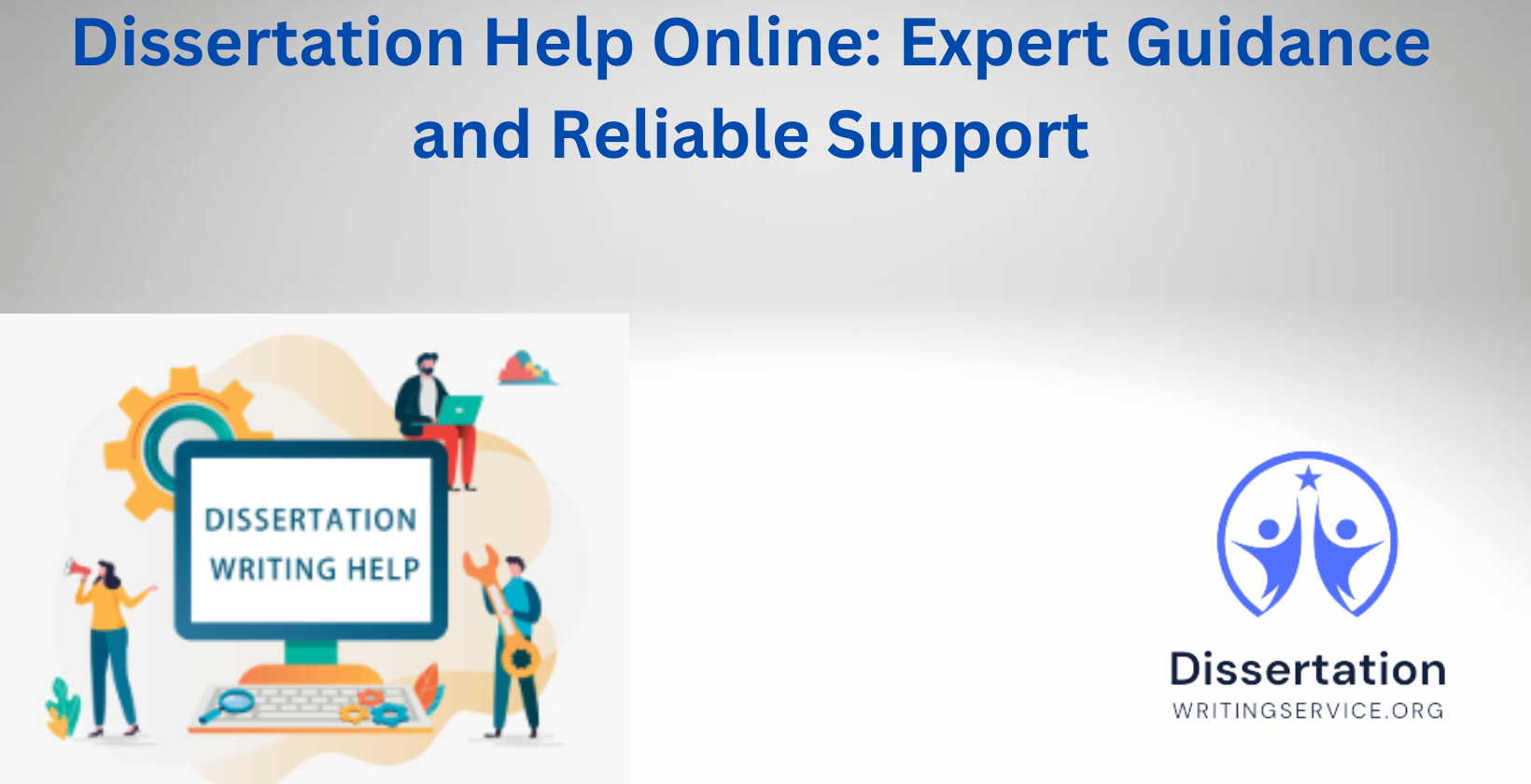Writing a dissertation is one of the most challenging academic tasks. It requires extensive research, analytical skills, and precise formatting to meet academic standards. Dissertation help services provide expert guidance, ensuring that students receive the necessary support to complete their work effectively. From choosing a suitable topic to preparing for the dissertation defense, each step demands careful planning and execution. Reliable assistance in structuring, researching, and editing the dissertation can significantly enhance the final output, leading to academic success.
What are the key components of a successful dissertation?
The key components of a successful dissertation include a well-defined research problem, a thorough literature review, a clear methodology, and a structured analysis of findings. The introduction sets the stage by outlining the research question and objectives. The literature review evaluates existing studies, establishing a theoretical framework. The methodology explains data collection and analysis methods, while the results section presents findings with supporting evidence. The discussion interprets the results, linking them to the research question. A strong conclusion summarizes key points and suggests future research directions. Proper referencing and adherence to academic formatting are essential for credibility.
How do I choose an appropriate dissertation topic?
Choosing an appropriate dissertation topic requires aligning personal interests with academic and practical relevance. The topic must be specific, researchable, and contribute to existing knowledge. Conducting a preliminary literature review helps identify gaps and emerging trends in the field. Consulting academic advisors and reviewing past dissertations provide insights into viable research areas. Selecting a topic with accessible data sources and feasible methodology enhances the research process. A well-defined research question ensures clarity and focus, leading to a structured and meaningful study.
What research methodologies are commonly used in dissertations?
The research methodologies commonly used in dissertations include qualitative, quantitative, and mixed-method approaches. Qualitative research involves interviews, case studies, and thematic analysis to explore subjective experiences and social phenomena. Quantitative research utilizes surveys, experiments, and statistical analysis to measure variables and test hypotheses. Mixed-method research integrates both approaches, providing comprehensive insights. Experimental research tests causal relationships, while longitudinal studies track changes over time. The choice of methodology depends on the research question, data availability, and academic discipline.
How can I effectively manage my time during the dissertation process?
Effective time management during the dissertation process requires setting clear milestones and deadlines. Creating a research plan with specific tasks for each phase prevents last-minute stress. Allocating time for literature review, data collection, and analysis ensures steady progress. Using project management tools and calendars helps track deadlines. Scheduling regular meetings with advisors keeps the research on track. Prioritizing tasks based on complexity and importance improves efficiency. Avoiding procrastination and maintaining a disciplined routine lead to timely completion of the dissertation.
What strategies can help in conducting a comprehensive literature review?
Strategies for conducting a comprehensive literature review include using academic databases, analyzing peer-reviewed journals, and organizing findings thematically. Identifying relevant keywords enhances search accuracy. Reviewing seminal works and recent studies provides a balanced perspective. Categorizing literature based on themes, methodologies, and findings facilitates comparative analysis. Summarizing key arguments and identifying gaps in research establish the study’s theoretical foundation. Citing sources correctly ensures academic integrity. A well-structured literature review strengthens the research framework and supports the dissertation’s objectives.
How do I structure and organize my dissertation for clarity and coherence?
Structuring and organizing a dissertation for clarity and coherence involves following a logical sequence. The introduction outlines the research question, objectives, and significance. The literature review synthesizes existing studies to establish context. The methodology section details research design, data collection, and analysis procedures. The results section presents findings with supporting evidence. The discussion interprets findings in relation to research objectives. The conclusion summarizes key insights and suggests future research directions. Proper transitions between sections enhance readability. Adhering to university formatting guidelines ensures a professional presentation.
What are common pitfalls to avoid when writing a dissertation?
Common pitfalls to avoid when writing a dissertation include poor time management, inadequate research, and weak argumentation. Procrastination leads to rushed work and reduced quality. Insufficient literature review results in an unclear research framework. Choosing an inappropriate methodology affects data validity. Lack of coherence and logical flow weakens argumentation. Ignoring formatting and citation requirements reduces credibility. Plagiarism leads to severe academic consequences. Seeking feedback from advisors and peers helps identify weaknesses. Proofreading and editing improve clarity and precision.
How can I ensure my dissertation meets academic standards and formatting guidelines?
Ensuring a dissertation meets academic standards and formatting guidelines requires adhering to institutional requirements. Following a structured format with clear headings and citations maintains academic integrity. Using citation styles such as APA, MLA, or Chicago ensures proper referencing. Reviewing dissertation guidelines provided by the university prevents formatting errors. Conducting plagiarism checks verifies originality. Seeking feedback from advisors and using editing services improve quality. Maintaining consistency in language, tone, and argumentation enhances readability and professionalism.
What resources are available for data analysis and interpretation in dissertation research?
Resources for data analysis and interpretation in dissertation research include statistical software, qualitative analysis tools, and academic databases. SPSS, R, and Stata assist in quantitative data analysis. NVivo and Atlas.ti support qualitative analysis. Open-access databases provide secondary data for research. University libraries offer research guides and statistical consulting services. Online courses and tutorials help in mastering data analysis techniques. Collaborating with faculty and research groups enhances methodological rigor. Proper data interpretation strengthens the dissertation’s validity and reliability.
How do I prepare for the dissertation defense and address potential questions?
Preparing for the dissertation defense involves reviewing research findings, anticipating potential questions, and practicing presentations. Summarizing key arguments concisely demonstrates clarity and expertise. Identifying possible weaknesses and preparing responses strengthens confidence. Conducting mock defenses with peers and advisors provides valuable feedback. Familiarizing with committee members’ research interests helps anticipate their questions. Practicing time management ensures a structured presentation. Maintaining a professional and composed demeanor enhances credibility. Addressing feedback constructively improves the final dissertation outcome.


